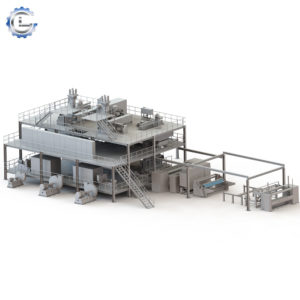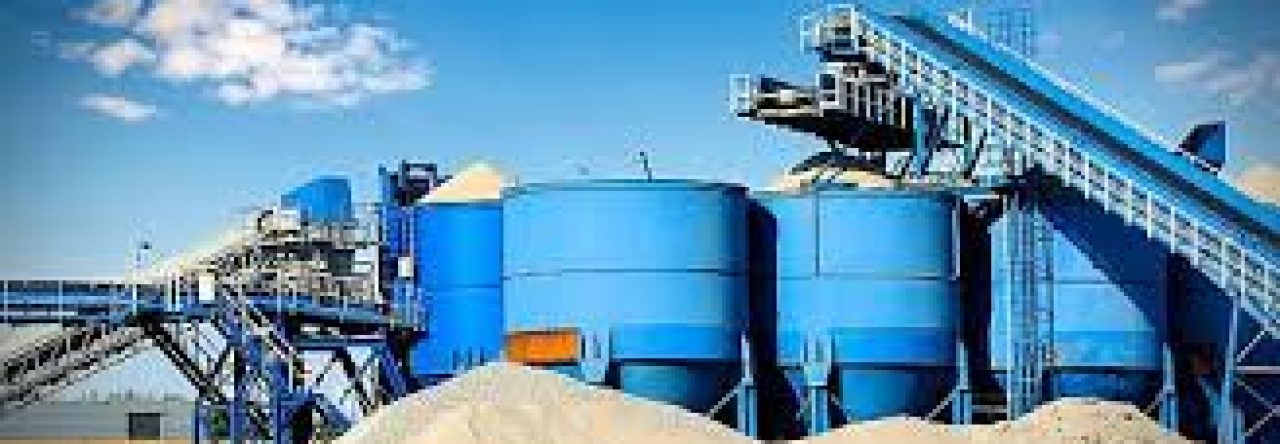PP (polypropylene) spunbond machines are used to produce non-woven fabrics, which are widely used in various industries such as hygiene, agriculture, construction, and medical. The following is a brief history of the PP SS spunbond machine supplier.
In the early 1990s, the demand for non-woven fabrics increased rapidly, and the production of non-woven fabrics using spunbond technology became more popular. During this time, many companies started to manufacture and supply PP spunbond machines.
One of the first companies to develop and supply PP spunbond machines was the German company Reifenhäuser. In 1993, Reifenhäuser introduced the first PP spunbond machine, which was able to produce spunbond fabrics with a width of up to 3.2 meters.
After Reifenhäuser, other companies such as Nordson, Rieter, and Oerlikon Nonwoven also started to manufacture and supply PP spunbond machines.
In recent years, Chinese companies have become major suppliers of PP spunbond machines. Some of the leading Chinese companies in this field include Jiangsu Yingyang Nonwoven Machinery, Dong Yang Nonwoven Machinery, and Wenzhou Zhuding Machine Co., Ltd.
Today, there are many suppliers of PP spunbond machines worldwide, and the technology has advanced significantly since its inception. The machines are now able to produce fabrics with a width of up to 4.2 meters and at high speeds. Additionally, suppliers are constantly improving their technology to meet the increasing demand for non-woven fabrics in various industries.
The Absolute 10 Greatest Tips For Purchasing a PP SS Spunbond Machine supplier
If you are looking to purchase a PP (polypropylene) SS (spunbond) machine, there are several factors to consider.
Here are ten tips to help you make an informed decision:
Quality of the Machine: The quality of the machine is crucial in determining the quality of the non-woven fabric that it produces. Look for a supplier that provides high-quality machines that are reliable, efficient, and durable.
Production Capacity: Determine your production capacity requirements and look for a supplier that can meet those requirements.
Machine Configuration: The configuration of the machine is important, as it determines the width, weight, and quality of the non-woven fabric. PP SS Spunbond Machine supplier Look for a supplier that can provide a machine with a configuration that meets your specific needs.
Service and Support: Look for a supplier that provides excellent service and support, including installation, training, maintenance, and repair services.
Cost-effectiveness: Consider the total cost of ownership, including the cost of the machine, operating costs, and maintenance costs, to ensure that you are getting the best value for your investment.
Reputation: Choose a supplier with a good reputation in the industry. Check for reviews, references, and feedback from other customers to ensure their credibility.
Delivery Time: Make sure the supplier can deliver the machine in a timely manner, so you can start production as soon as possible.
Customization: Consider a supplier that can customize the machine to meet your specific requirements and needs.
After-sales Service: Look for a supplier that provides after-sales service, including technical support, spare parts, and on-site support.
Compliance with Standards: Ensure that the supplier complies with industry standards and regulations to ensure the quality and safety of the machine.
By considering these ten factors, you can make an informed decision when purchasing a PP SS spunbond machine supplier that meets your requirements and needs.


Leave a Reply